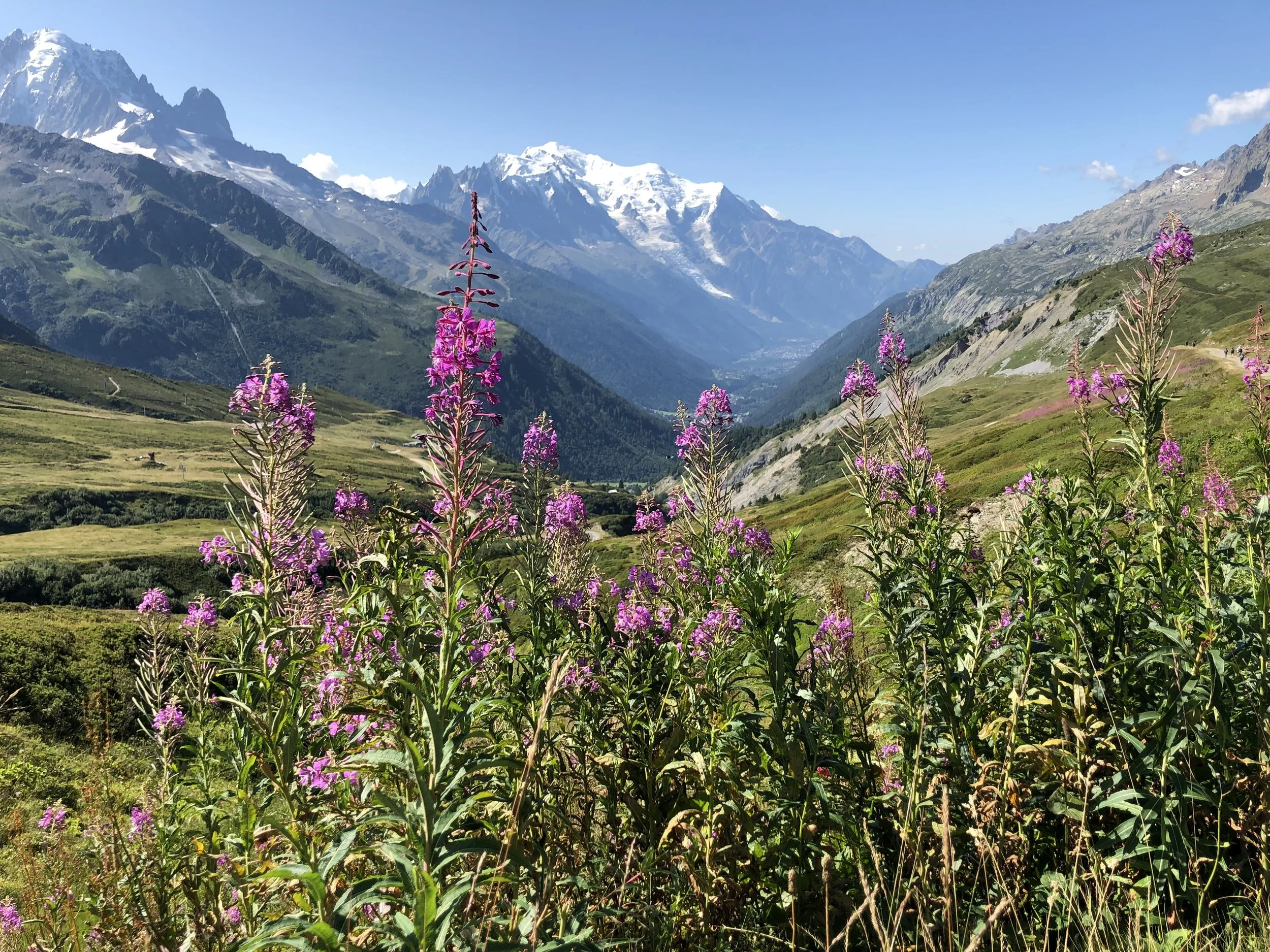Free will, farm animals and Tolstoy
By Eric Lucas
I got the puppy dog death stare.
I’d never seen it before, but here was our 18-month-old Weimaraner glaring at me like a middle linebacker planning to plant my nose in the ground. He wanted to extend our walk to the mailbox by continuing uphill to wander neighbors’ yards and prospect for playmates. My plan was go back to the house for dinner. So we had the following discussion:
“I want to go up the hill!”
“Blue, it’s not a democracy for dogs. We can’t let you roam around into random neighbors’ kitchens.”
[Yes, that really happened. Blue’s extremely social.]
“So what!” Death stare.
“So, I’ve got the leash in hand, and you don’t.”
Double death stare. Eventually I won the staredown because, well, because of the existential dilemma that Leo Tolstoy described at length in the conclusion of War and Peace. The entire universe is a push-pull between freedom and boundary. I see this every day at our remote-island home in the Salish Sea, Owl Feather Farm. Freedom. Constraint. Choice. Need. Decision. Physics.
As Tolstoy put it, “Free will is content. Necessity is form.”
Form won on the dog walk, because I had that leash in my hand, and in the end Blue decided to accede to necessity. Love and trust came into play, too; I didn’t have to drag him, toes scraping gravel, along our driveway to the house. But had I not had leash in hand, we’d have been discussing love and trust an hour later at dinner.
Sometimes the sheer common sense of biology (that’s form) is on display. Last spring my 3-year-old Rainier cherry tree had about 100 blossoms, a beautiful candelabra of ivory pink. Bumblebees buzzed by and pollinated 40 flowers. I started imagining the taste of those 40 cherries—and then the tree dropped all but a dozen in mid-June.
What on Earth happened there?
Simple. The tree took a look around at its own self, the weather, the ground in which its feet rest, and determined it only had the wherewithal to mature a dozen fruits. It made a decision (free will) as a measured response to necessity (form), thereby exhibiting much more judgment than many humans, such as the wretched Duggar family rutting like bacteria in a swamp.
Sartre said, “Man is condemned to be free, because once thrown into the world he is responsible for everything he does.” People hate that thought. They despise it. They wave their hands at me like trying to fend off Lucifer. But it’s a fact, and it applies to all beings in the universe. We are born unchoosingly—and then we must choose every minute of every day what we do. Thus the fraught relationship we humans have with free will—the reason Tolstoy devoted about 25 pages to the topic. But the rest of nature is much more comfortable with free will and form.
Anyone who thinks plants and animals lack free-will decision-making needs to have a farm. Sunflower blossoms follow the sun through the day. Is that just inanimate stimulus response? Other flowers don’t. Some sunflowers don’t. When I ask why they tell me to read Sartre.
Corn responds to poor ground with puny ears.
Drought makes trees drop limbs. Literally. Saves water.
Coyotes regulate their procreation on the basis of rabbit populations.
Yes, I really did read War and Peace—fourteen months, 1,359 pages. Is it the greatest book of all? I still slightly favor East of Eden, which is more emotionally compelling; but I can think of no others. Dostoyevsky is impenetrable, Joyce incomprehensible, Faulkner opaque, and I spit on Hemingway.
Tolstoy's masterpiece relishes the realities of daily human life, and his exploration of the universal, infinite, eternal push-pull between free will and necessity—the laws of nature—rings in my spirit. Do we actually exercise free will? Or simply bounce from natural law to intrinsic force like water-skippers in the pond here at Owl Feather Farm?
Having a farm—the venue at which Tolstoy's heroes, Pierre and Nikolai, finally find peace and meaning—brings me daily opportunities to watch free will wrestle boundaries. Is Blue going to stay put inside our new invisible fence, or fly past the electronic shock to chase a duck? Cocoa has taught himself to dismantle his electronic fence and join his big brother Cereus in the hay meadow. Cherry trees drop their fruit, fir trees take root in the pasture and coons climb the fence. And what do we, Nicole and I, the stewards of all this, do about these things?
Whether these are actual decisions or simply examples of stimulus response—or both—your answer is a free-will decision. Or not.
Tolstoy’s alter-ego, Pierre, said: “The only thing we know for sure is that we know nothing at all.”
Or, as Einstein put it, “We still do not know one thousandth of one percent of what Nature has revealed to us.”
No doubt. But it’s amazing to watch and see the tiny, beautiful motes Nature does reveal, if we only look. All we have to do is decide.
When Blue and I returned to the house after I scotched his plan to go up the hill, I gave him a cookie as a reward. He trotted away and spit it out on the floor. A few minutes later he bounced up on the couch and laid his head in my lap as always, revealing the one thing Tolstoy believed represents ultimate, unbound free will.
Lifelong journalist and editor Eric Lucas lives on a small farm on an island north of Seattle, where he grows organic hay, garlic, apples and beans. To sign up for Eric’s (free) colorful, incendiary blog, email him at ericplucas@yahoo.com. Learn more at TrailNot4Sissies.com.





